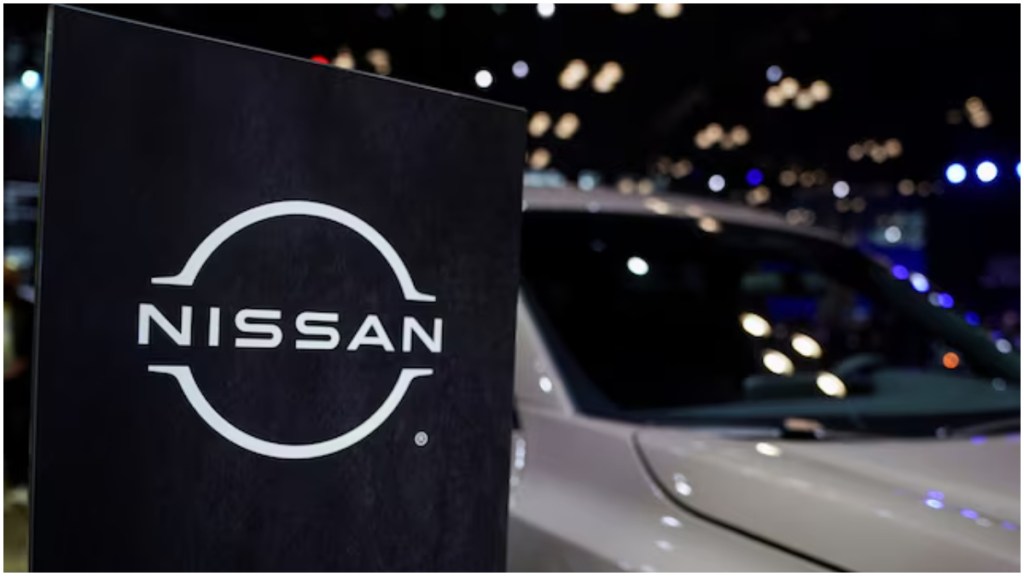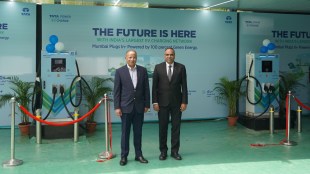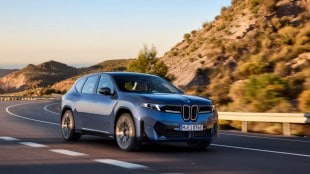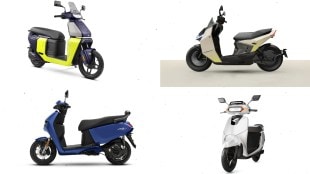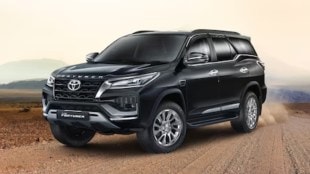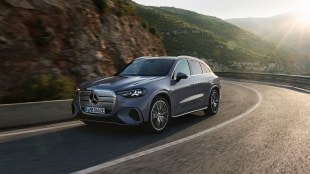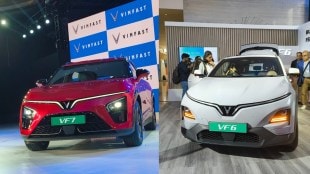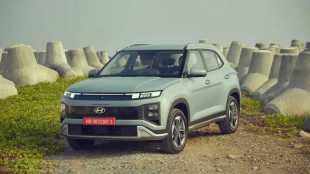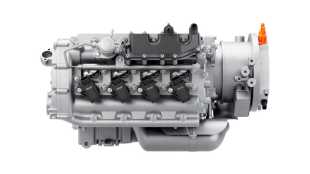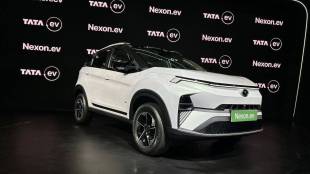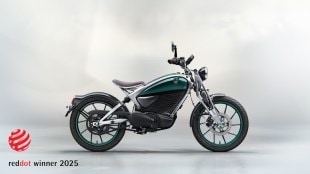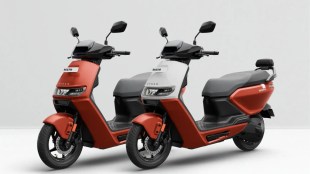Nissan Motor is in discussions to supply vehicles to Honda Motor in the United States, leveraging its underutilised Canton plant in Mississippi to produce Honda-branded pickup trucks, according to Nikkei Asia. This potential partnership follows the collapse of merger talks earlier this year, which aimed to create the world’s third-largest automaker. Despite the failed merger, both companies remain committed to collaborating on projects, particularly in electric vehicles (EVs) and other innovative technologies, as they navigate rising competition from Chinese automakers and complex U.S.-Japan trade negotiations.
From Losses to Leadership: Could this be a turnaround for Nissan?
The Canton facility, one of Nissan’s two U.S. vehicle production sites, currently manufactures models like the Frontier, a midsize pickup truck. Under the proposed arrangement, Nissan would produce pickup trucks bearing Honda nameplates, which Honda would then market in the U.S. This move could help Nissan optimise its declining factory output while providing Honda with additional manufacturing capacity to meet U.S. demand. The collaboration aligns with efforts by Japanese automakers to boost local production amid concerns over potential U.S. tariffs and trade restrictions.
Nissan, grappling with a $4.5 billion net loss for the financial year ending in March and facing 700 billion yen ($4.8 billion) in debt due this year, is under significant financial strain. Its debt ratings have been downgraded to junk status by major credit agencies. New CEO Ivan Espinosa has introduced a drastic cost-cutting plan, including closing seven global factories and reducing the workforce by 15%. Meanwhile, Honda seeks to strengthen its U.S. market presence as both companies face challenges from an ageing vehicle lineup and competition from Chinese manufacturers like BYD.
While Nissan declined to comment on speculation, it confirmed ongoing projects with Honda. Honda officials were unavailable for immediate comment. This partnership could mark a pivotal step for both automakers to enhance efficiency, share resources, and compete in the rapidly evolving global automotive landscape, particularly in the EV and pickup truck segments.
